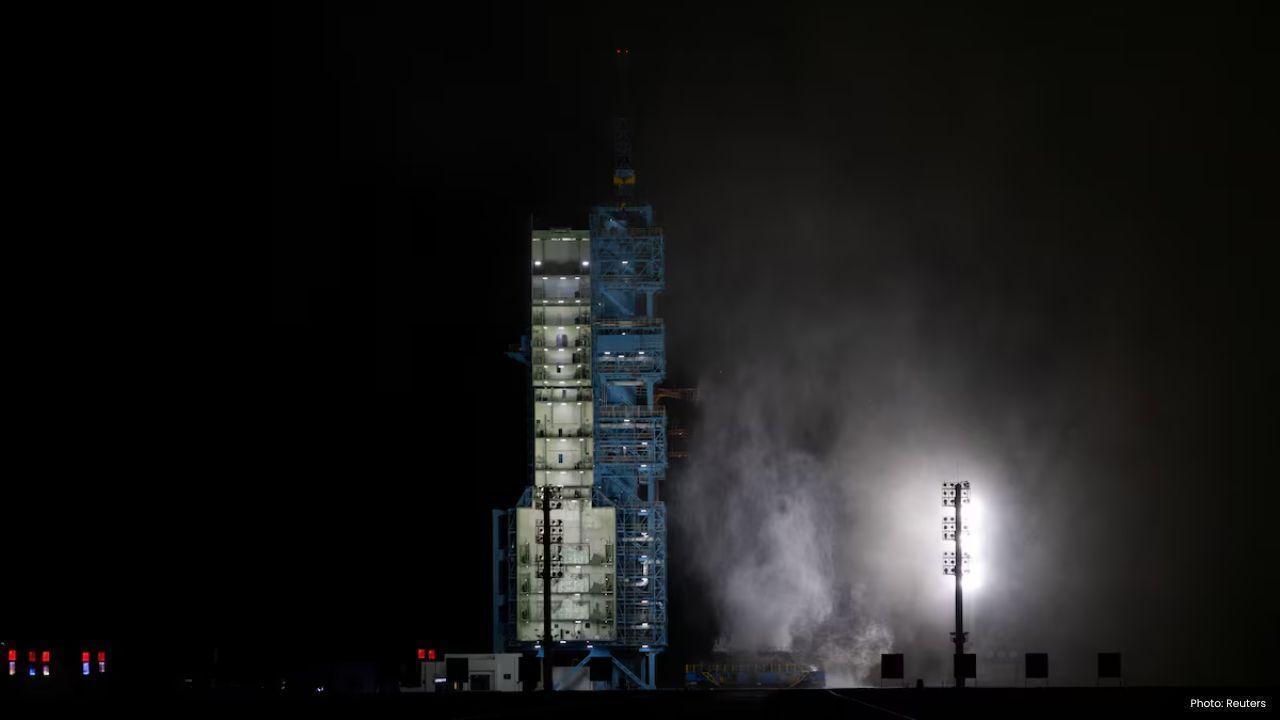
Post by : Mariam Al-Faris
China successfully launched the Shenzhou-21 manned spacecraft on Friday, marking another major milestone in its growing space program. The mission, organized by the China Manned Space Agency (CMSA), carries three astronauts to the country’s space station for a six-month stay. The spacecraft was launched atop a Long March-2F rocket from the Jiuquan Satellite Launch Center in northwest China. This mission continues China’s efforts to expand its presence in space through sustained human exploration and scientific study.
The launch took place early Friday morning under clear skies, as the Long March-2F rocket lifted Shenzhou-21 into orbit with precision timing. Within minutes, mission control confirmed that the spacecraft had successfully entered its planned orbit and was on course to dock with the Chinese space station, Tiangong. The three astronauts onboard are expected to complete multiple objectives, including maintenance, system upgrades, and a range of new scientific experiments. This successful lift-off demonstrates China’s increasing confidence in its space technology and operational reliability.
The Shenzhou-21 mission’s main objective is to carry out biological experiments that focus on how living organisms respond to microgravity. These experiments, the first of their kind conducted by China, involve studying the effects of weightlessness on mice. By observing how these animals adapt and develop in space conditions, scientists aim to gain valuable data about biological changes in a zero-gravity environment. This information will help prepare China for long-term human missions beyond Earth’s orbit.
The research conducted on this mission will serve as groundwork for China’s future deep-space exploration projects, particularly its long-term plans for lunar bases and manned Mars missions. Studying biological adaptation in space helps scientists understand potential health risks for astronauts during prolonged space travel. The results will contribute to the design of safer life-support systems, medical protocols, and sustainable food production models for deep-space habitation. These steps are crucial for China’s ambition to send humans to the Moon and eventually to Mars.
The three astronauts selected for the Shenzhou-21 mission have undergone rigorous training, including long-duration space survival exercises, mechanical repair simulations, and scientific research preparation. They will also conduct routine inspections and maintenance of the Chinese space station’s modules. The astronauts’ daily activities include monitoring life-support systems, conducting experiments, and participating in communication sessions with ground control. Their mission will test human endurance, adaptability, and teamwork in a confined, high-stress space environment.
China’s manned space program emphasizes not only exploration but also scientific advancement. The Shenzhou-21 mission includes experiments on plant growth, cellular behavior, and material science under microgravity. These scientific studies aim to expand human understanding of space biology and physics while supporting the development of new technologies. By advancing space research, China seeks to contribute to the global scientific community and promote knowledge sharing in the field of space exploration.
This mission highlights China’s growing technological strength and national determination to become a leading space power. Over the past decade, the country has achieved several space milestones, including the successful landing of rovers on the Moon and Mars. The Shenzhou-21 mission reflects China’s steady progress toward building a permanent human presence in orbit and expanding international partnerships in space science. The government views space exploration as a symbol of innovation, pride, and future-oriented national progress.
After the Shenzhou-21 mission, China plans to launch additional manned missions to continue developing its Tiangong space station. These missions will focus on improving station operations, testing new spacecraft systems, and preparing for international collaborations. China also aims to invite astronauts from other countries to participate in future missions, enhancing global cooperation in space research. With consistent success and ambition, China’s space program is set to play a major role in the next generation of global space exploration.
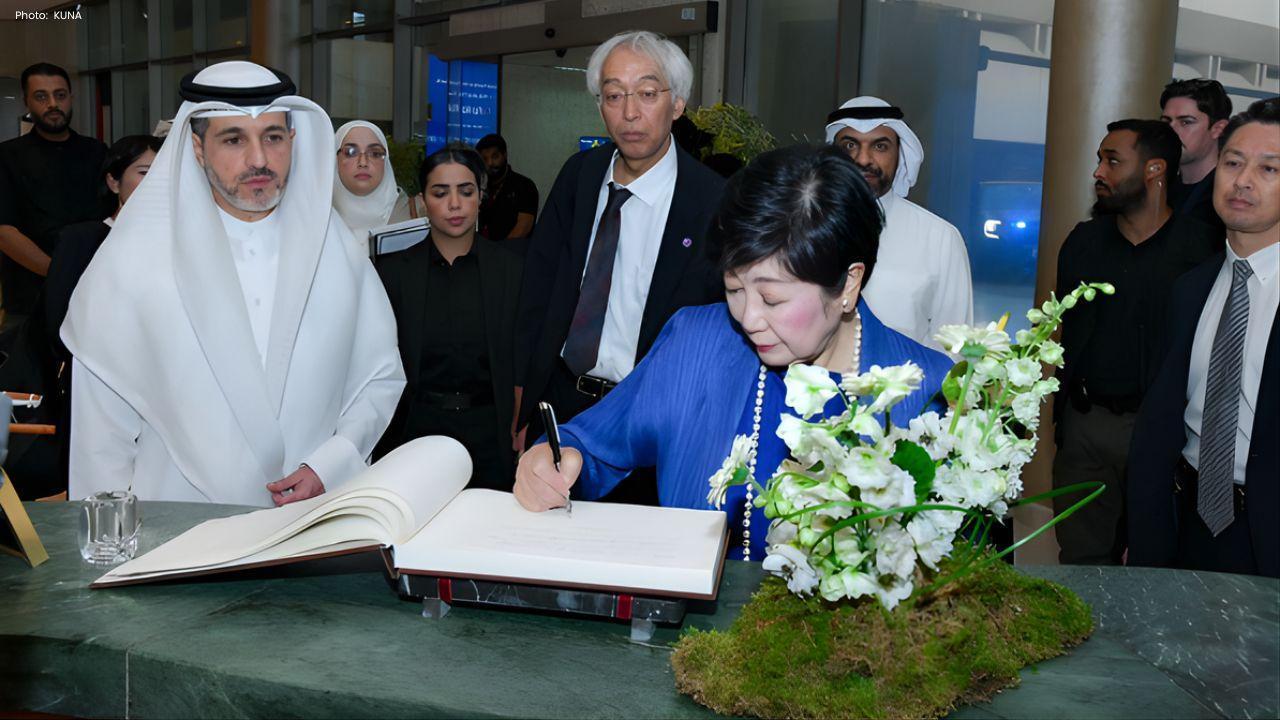


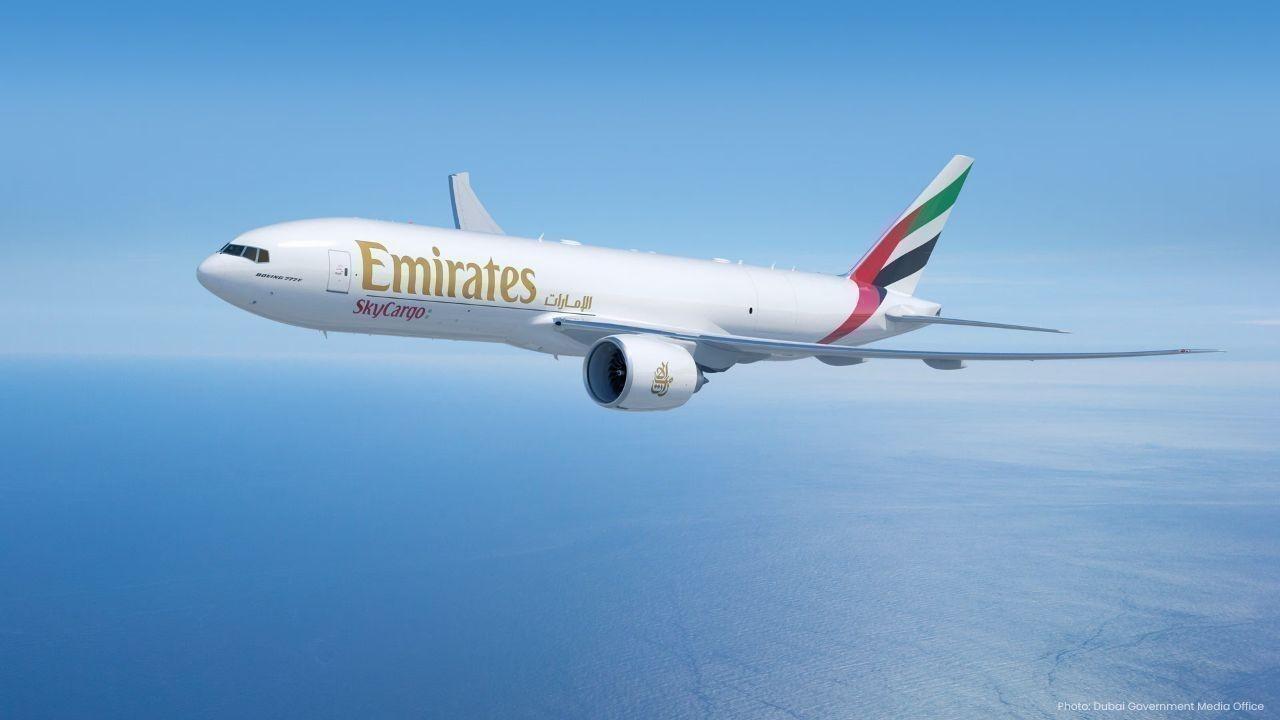
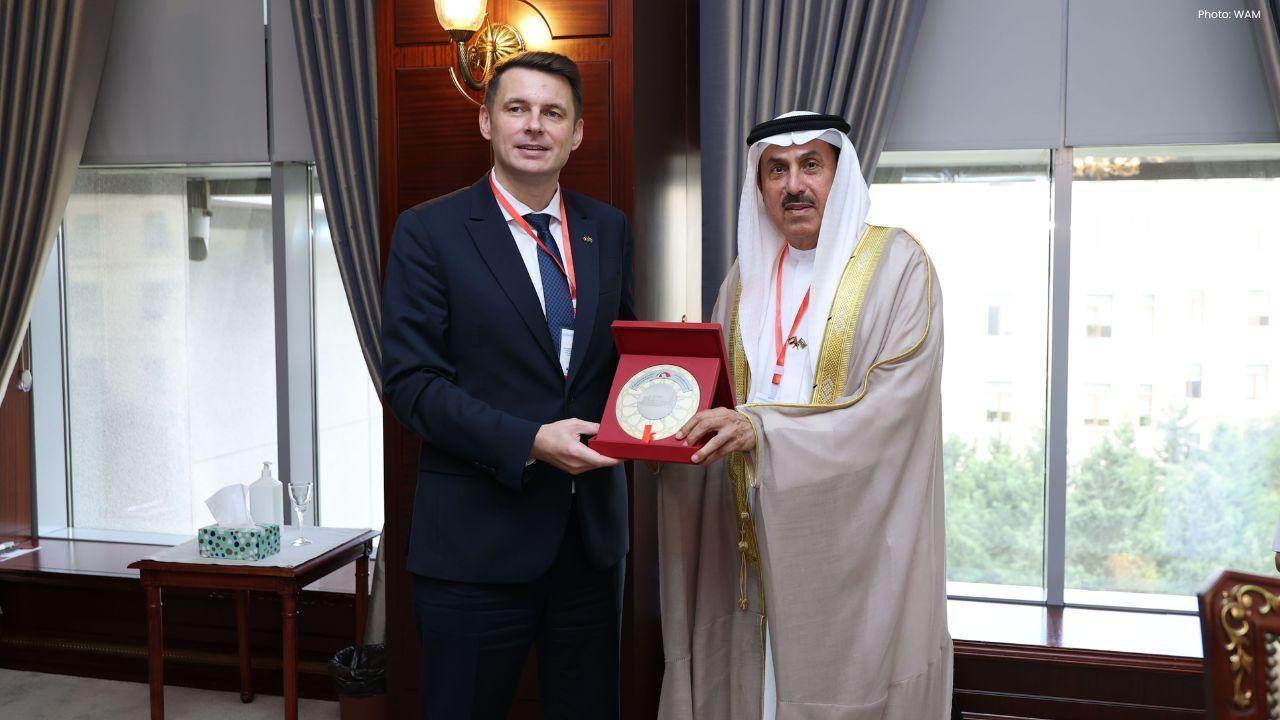

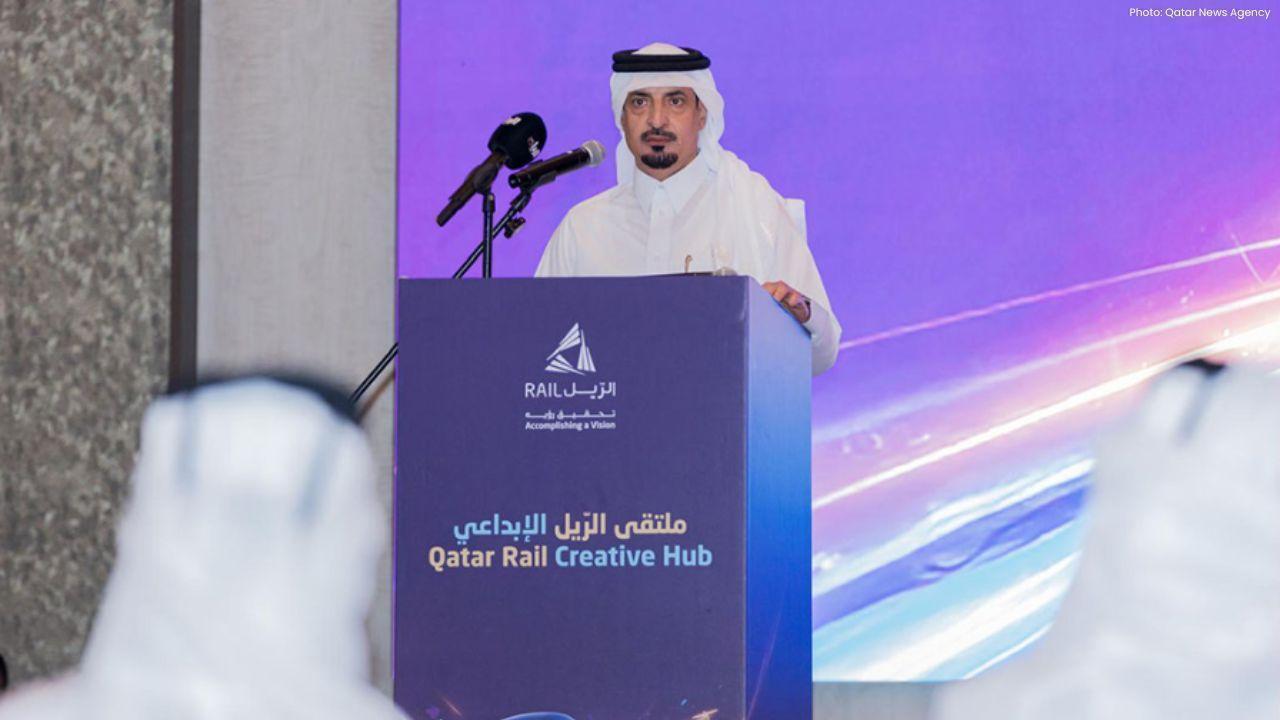
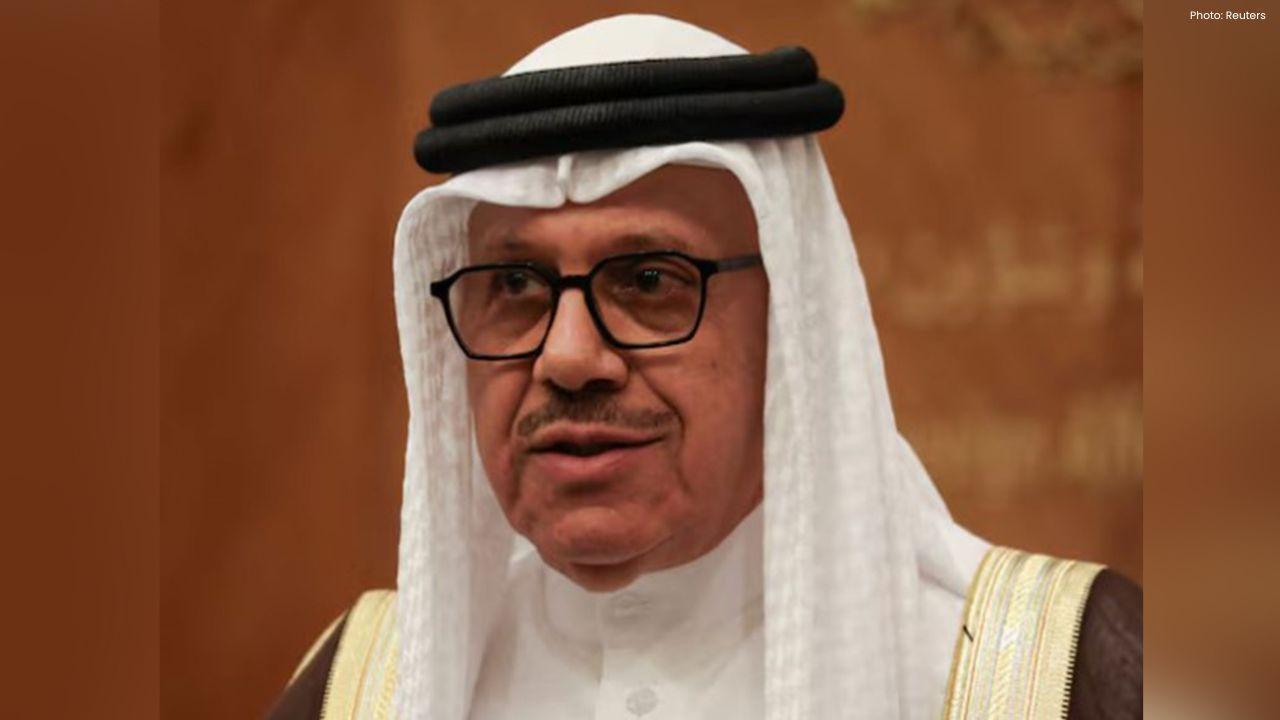


French Actor Tchéky Karyo Passes Away At Age 72
French actor Tchéky Karyo, known for Nikita and The Missing, dies at 72 after a battle with cancer,

New Zealand Beat England To Seal 3-0 ODI Series Sweep
New Zealand defeated England by two wickets in the third ODI at Wellington, sealing a 3-0 series swe

Dharmendra Admitted to Hospital After Breathing Issue
Veteran actor Dharmendra has been admitted to the ICU after facing breathing issues. His condition i

Hazlewood Stars As Australia Crush India In Second T20
Josh Hazlewood’s fiery 3-13 spell helped Australia bowl out India for 125 and chase the target easil

China Launches Shenzhou-21 For Six-Month Space Mission
China launched the Shenzhou-21 mission with three astronauts to its space station to conduct biologi

India, Australia Set for Thrilling 2nd T20 Clash in Melbourne
India and Australia face off in the 2nd T20 at the MCG, with both teams looking to take the lead in